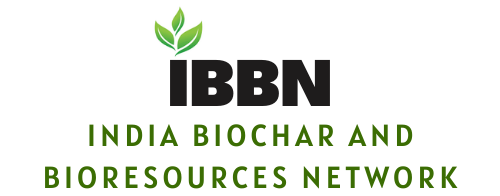Research Paper
Biomass burning and alternatives / suggestions
The practise of burning standing stubble during the late autumn (October, November) months by farmers in the agricultural plains of the Indus basin is sometimes blamed for the intensification of smog events that occur after paddy crops have been harvested there. Farmers in that watershed have long favoured using biomass fire (paddy stubble leftover) to clear cropland. Contrarily, smog is being more frequently linked to burning agricultural biomass, despite consistent agricultural landholding and productivity. According to some research, agricultural biomass burning is a transient occurrence in the basin that may serve as a trigger for an overall decline in the region’s air quality. Further findings show that intensified smog episodes are closely correlated with simultaneous saturation of air contaminants, high ambient moisture content, and low wind speeds after the monsoon season. In agricultural locations where farming activities are a significant economic driver for society, the findings from these research should aid in developing comprehensive mitigation and intervention programmes to monitor air quality for sustainability of public health.
Biomass is a broad term whose definition includes all kinds of terrestrial and water based plant life. Or in other words non- human and non-animal living forms. Biomass burning is the partial or complete combustion of living and dead vegetation. This report for the India BioChar and BioResources Network IBBN – is prepared to suggest specific uses / reuses of agricultural waste or dry biomass for various purposes in a sustainable and ecological friendly manner. This biomass is important to reuse since it is a critical bioresource but is generally not returned to the soil/ earth to replenish it thereby losing nutrients and minerals which can help agriculture crops, sustainably. As is obvious this has a high biodiversity in terms of the variety of species of vegetation from which they originate and their uses / reuses can be identified and determined based on these specific forms.
